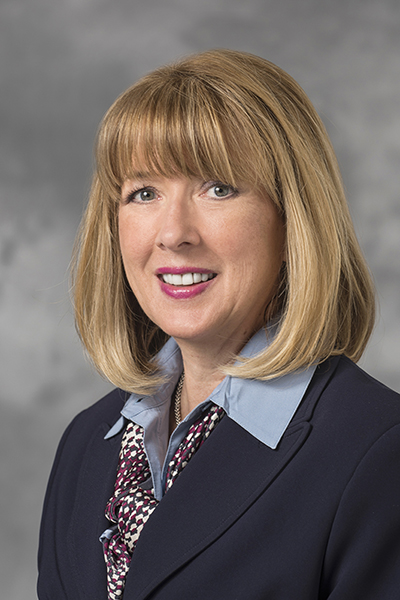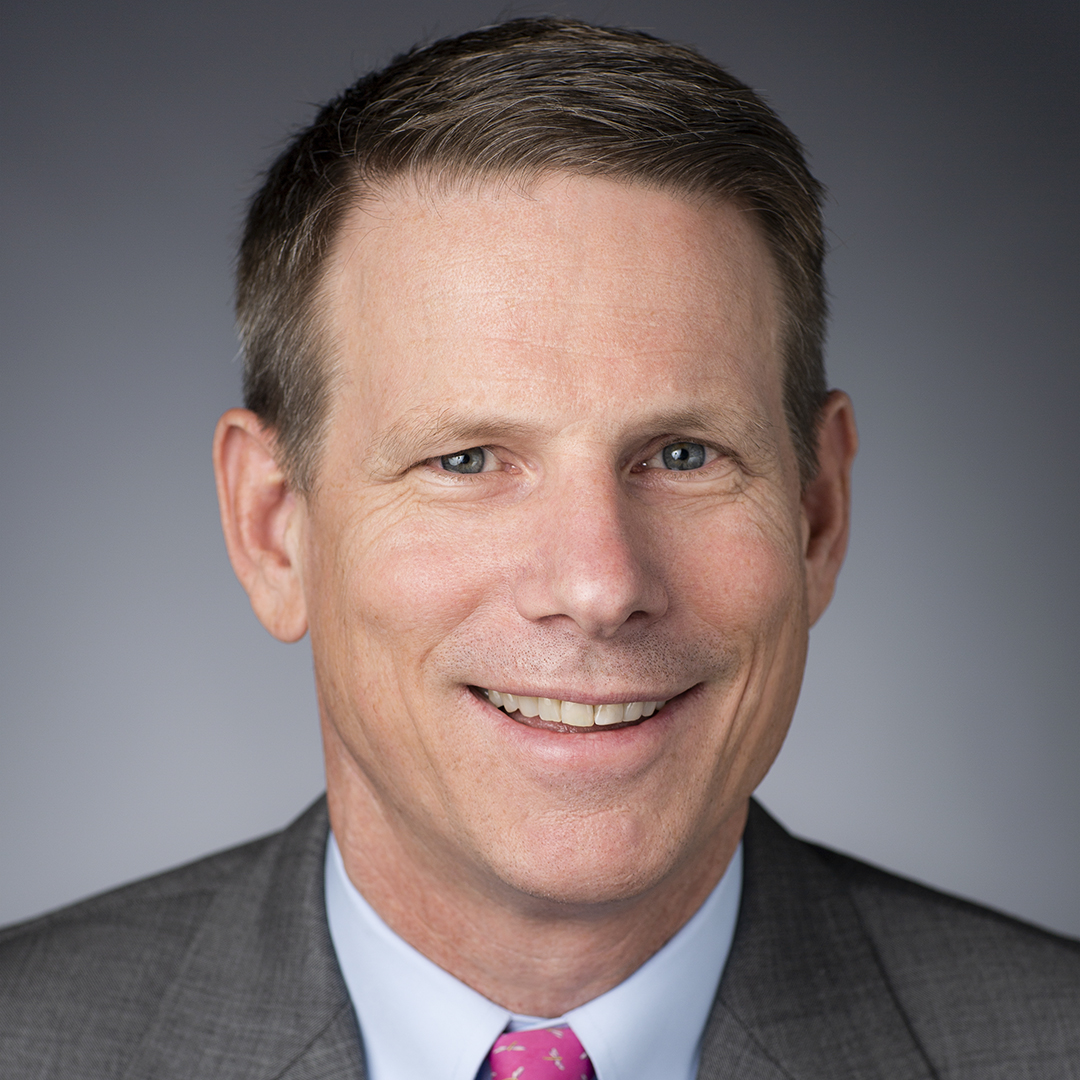When most young girls are growing up, they have lofty dreams of becoming ballerinas or astronauts or rock stars. But Pamela Schmidt’s dreams took a much different direction. “When I was young, someone who I really admired told me I should become a certified public accountant. I didn’t even know what that was,” Schmidt says with a laugh. “But when I think about where I am today, I always have to anchor back to that moment.”
Today, Schmidt is not only a certified public account but also the chief investment officer and chief treasury officer for the Henry Ford Health System, a Michigan-based nonprofit healthcare organization established in 1915 by Ford Motor Company legend Henry Ford.
Schmidt joined the Henry Ford team just one year ago, but she has already instituted a cross-functional collaborative unit called the Working Capital Counsel group that is transforming how the organization manages both its finances and its patient care.
Learning the Balance
After receiving a full scholarship to study business at the University of Missouri-Saint Louis, Schmidt was recruited to work as a senior accountant at regional accounting firm Conner Ash PC.

“I always encourage people to take the CPA track if they’re able,” Schmidt says. “You learn so much, and especially as a new grad, it just helps you get your thoughts organized so that you can approach things in a very efficient fashion.”
In the ensuing years, while working at major organizations such as Boeing and Ascension, Schmidt got exposure to SEC reporting, 10Qs and 10Ks, and to billion-dollar mergers. She had opportunities to build her own team and to turn the “bits and pieces” of a treasury function into something fully fledged, sophisticated, and intentional.
But it was during the 2008 financial crisis that Schmidt’s eyes were opened to the potential of financial management programs like the Working Capital Counsel group.
Bon Secours Health System, where Schmidt worked for more than fifteen years as treasurer, developed many “really innovative strategies to handle the crisis,” Schmidt says. “We knew that the balance sheet could be stronger than it was—after the financial crisis hit, we had just seventy-five days of cash on the balance sheet.
“But once we got the right people talking, we were all working in the same direction instead of opposing one another,” Schmidt continues. “Working Capital Counsel groups are all about balance sheet management and guidance, about being strategic about how you manage costs and deploy your assets. And ten years after the crisis, we had more than 180 days of cash on the balance sheet.”
Community and Communication
As Schmidt explains, “Henry Ford is a community-based organization—everybody you walk up to knows the Henry Ford name, what it means to the industry at large, and all the good it’s doing.”
And when she came on board at Henry Ford in February 2019, Schmidt saw an opportunity to help the organization produce even greater results for the community through the creation of a new Working Capital Counsel group.
“It’s still in the fledgling stages,” she says. “But I knew that we needed the group as a way to make sure that we fulfill our investment aims and that our portfolios are producing what they should be.”
At its core, Schmidt explains, the Working Capital Counsel group centers on a very simple concept: communication. “It gives a broad group of leaders across multiple functions—revenue cycle, supply chain management, insurance, real estate, risk management, and pipeline management—an opportunity to talk about what we all need to do to make sure that we succeed,” Schmidt says.
“We need to be about numbers, but at the end of the day, it’s all about the patient and what we can do for them.”
Schmidt meets with other leaders in the Working Capital Counsel group every month to talk about what is going on in each of their departments and to figure out cross-functional solutions to their problems. The group might discuss how they want payment terms negotiated on contracts, for example, or what the cash flow requirements will be for major construction projects.
All sorts of different processes, projects, and systems are examined, Schmidt says. But more importantly, the group examines how those projects and systems affect the cash flow and the organization as a whole.
“We’re developing a forum for people to understand the impact of what other people are doing,” Schmidt notes. “It’s changed people’s mind-set about money—now, when a vendor calls and says they’ve got a great deal for us, we know that nothing is free and we help each other work out the math to prove whether or not it’s a good deal for us in the end.”
Numbers That Matter
As a result of this cross-functional collaboration, the Working Capital Counsel group directly affects the strength of the organization’s balance sheet. But as Schmidt emphasizes, the strength of the balance sheet has far-reaching implications.
“I’m a strong believer that everyone should have access to healthcare, that healthcare isn’t a commodity,” Schmidt says. “And by helping to strengthen the finances of the organization, we can help offer healthcare to those that really need it and to deliver the absolute best patient care.
“I think that’s what you always have to keep in mind when you’re in this industry, particularly in the not-for-profit world,” the CIO adds. “We need to focus on numbers, but at the end of the day, it’s all about the patient and what we can do for them.


